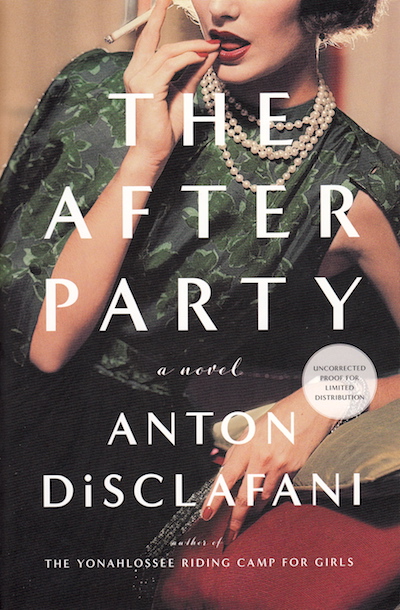
The Bell Jar is a classic, and classics… well, lots and lots and lots has already been said about them. I find it difficult to write about them.
There are two things that I found striking about this book. First, the visceral-ness of Esther’s (the main character’s) depression. She is depressed and Plath, who committed suicide, communicates that very effectively. Second, and in marked contrast to the downer of the depression is the absurdity of so much of the actual plot of the book: food poisoning an entire room, at least one failed deflowering of the main character, and the ridiculousness of Esther’s quasi-fiancé Buddy
In fact, these two things play off each other very well. Esther’s depression highlights the surrealism of the plot and the surrealism of the actions throws into relief just how far gone Esther is. She should be having very emotional reactions to everything that’s happening. But all the action is presented very flatly. It’s very effective.
I would recommend The Bell Jar very much. It’s short but effective.
